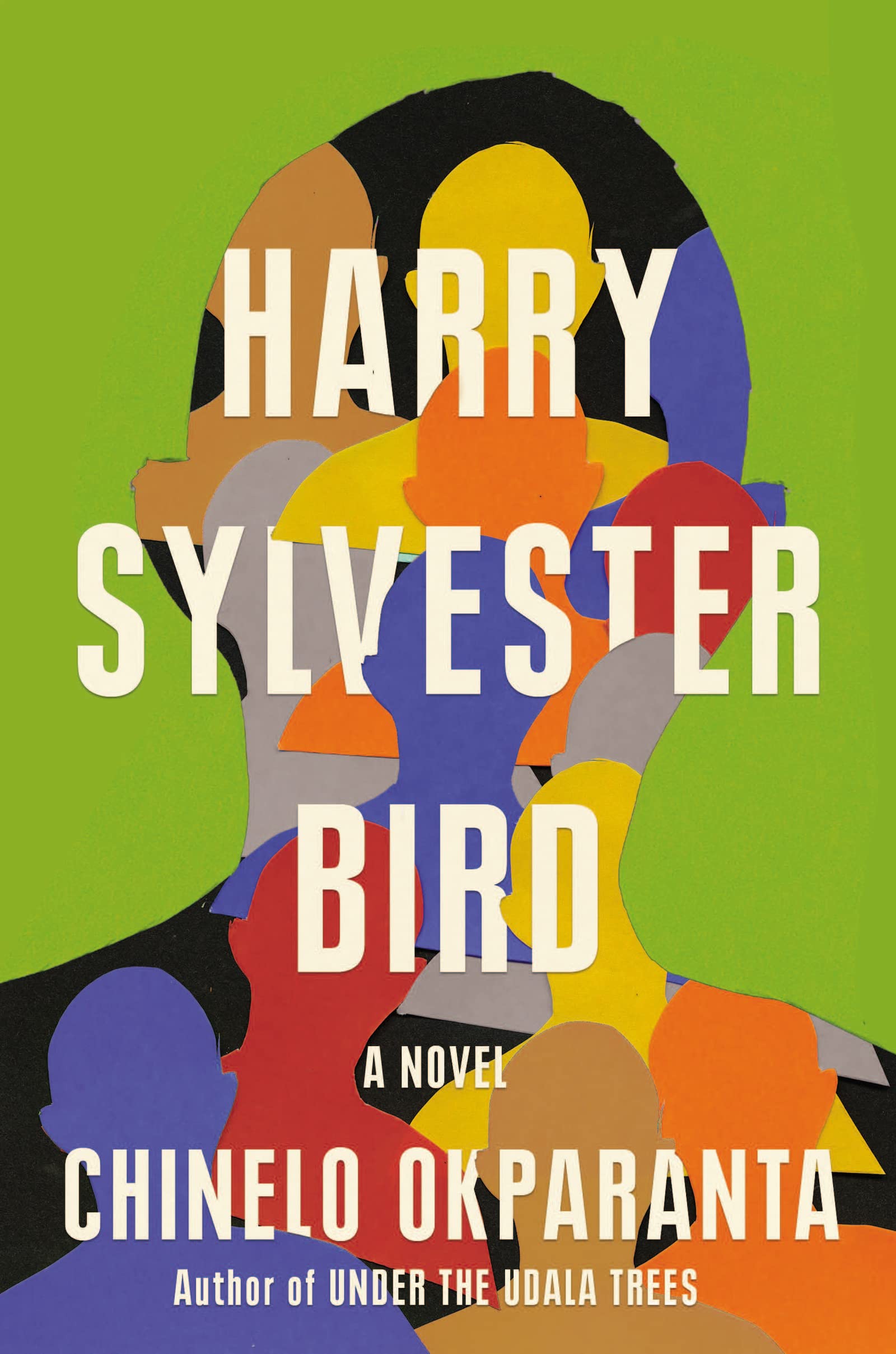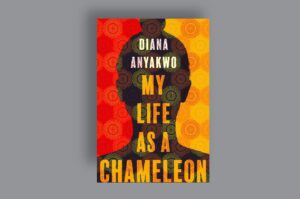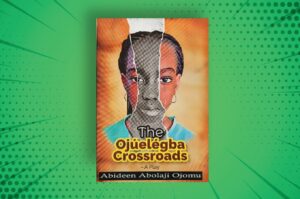
At the center of Harry Sylvester Bird is a white man who believes that he is trapped in the wrong racial body and wants to become black. Chinelo Okparanta builds a strange yet familiar world around this character. She details not just the fantasy that drives his every being but the reality of the pain that animates it. She examines the underlying social dysfunction of Harry’s desire, not in a superficial way, but in that deep, anatomical way that gets to the dark, icky underbelly of racism. Harry Sylvester Bird is a powerful story about the kind of racism that disguises as love and desire for black bodies, black life, and black pain.
Harry’s childhood is a nightmare of parental neglect and verbal abuse. The novel opens in a safari resort in Zanzibar where a white couple and their child are trying (but failing) to live the fantasy of Africa as the white man’s haunt. In this satirical opening, we witness the dysfunction in the family. Harry longs for his mother, but she is repulsed by his touch. His father, whose racist ideas shape the ethos of family life, is very unlikable. From Zanzibar, the story jumps to a small town in Philadelphia where Harry’s father is a disillusioned literature professor and his mother struggles to hold together a failing business. Their lives are falling apart. Like all the other towns around them, their community is on the brink of economic collapse. In the background, the US is divided by extremist politics and headed towards what looks like civil war. In the midst of all these experiences, Harry develops a hatred for whiteness. On the one hand, he holds the simplistic notion that racism emanates from skin color: “what bothered me was the prominent paleness of my skin, which in my mind, predisposed me, at least if my parents were any indication, to wickedness.” The opposite of this belief is the notion that salvation, anti-racism, goodness lies in becoming the black man he was always meant to be.
This desire for racial metamorphosis is the heart of the story. It opens a space where Okparanta examines the many forms that racism can take. In Harry’s case, racism manifests as desire for and of becoming the other. In a paradox that Okparanta sets up brilliantly, Harry’s racial self-hate is actually a kind of self-obsession. Everything and everyone in Harry’s life are eventually sacrificed on his altar of insecurity and dreams of trans-racial becoming. His rejection of his whiteness turns out to be a means through which he seeks to prioritize his hurt over that of others and justify his appropriation of black life. He imagines the world as one big victimhood Olympics, from which he has been unfairly excluded because he is white. Like white supremacy, Harry’s love for blackness is based on a fantasy of power that imagines it can lay claim to anything it desires, including the very being of the other.
Racism is a complex issue to write about. Okparanta’s novel does more than show that black people are judged prejudicially or systemically held back because of the color of their skin. It exposes how something like racism could be rationalized to a point were it ceases to look like racism. The book is not just about how racism appears to the naked eye but, most importantly, how it disguises itself as love. Harry Sylvester Bird is an encounter with racism as the monstrous inverse of love, and, for that, it is a genuinely fascinating read. As you can imagine, the book has philosophical depth but not the kind that swallows up all the fun, surface stuff of storytelling like humor and entertaining plot lines. Parts of the novel are laugh-out-load funny. The satire is deliciously biting. The pacing of the narration is perfect. The writing is spare and stunning.
In other to set up this house of mirrors in which what appears to be love reflects multiple facets or a dark twisted desire, Okparanta fuses multiple genres. The novel is part satire, part romance, and part speculative fiction (something that lots of critics have missed). It spans 10 years, beginning in 2016 and ending in 2026. The speculative part of the story is tied to a series of “what-ifs” regarding the current political climate in the US. For example, what if the increasing polarization in US politics is the beginnings of a civil war or, worst still, a racist dystopia? Okparanta does not push the “what if” too far for the story to become a full-blown alternate history narrative since that would entirely change the texture of the novel. But the (very) near-future speculative element in the story gives the novel its distinct feel. It accounts for the strangeness of the characters, why it feels like they are going through the world with a haze over their eyes. Sometimes Harry seems unreal, but that, perhaps, is because his life is the projection of a possible future.
Seven years ago, Okparanta published her first novel, Under the Udala Trees. It was a hit then and continues to be a reader favorite. A ground breaking story set in Nigeria, the novel centers queer life and worlds. It helped shape the discourse on the representation of queer experience in African literature today by critiquing the underlying assumptions that normalize homophobia in places such as Nigeria. Harry Sylvester Bird couldn’t be more different. It is set in the US and tackles racism. Notwithstanding, it reprises the same bold elegance with which Okparanta engaged homophobia many years ago. With this new novel, she is still asking readers to confront the unexamined assumptions that blur their vision of the world.







COMMENTS -
Reader Interactions